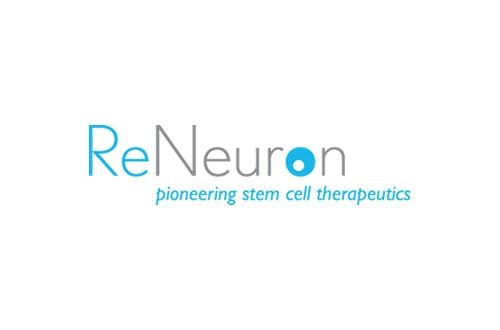
Shares in UK biotech ReNeuron have been depressed in recent months thanks to a sizeable holding held by the now-defunct Woodford equity income fund, but with the stake now in other hands a recovery should be on the way.
That’s the view of Edison analyst John Savin, who reckons the sale of the last 16.42% of the former Woodford stake to Obotritia Capital “should help the shares to stabilise and recover”.
Woodford held a third of ReNeuron’s shares in the middle of last year when the equity income fund ran into trouble, and with such a large stake in one set of troubled hands there were fears of a crash if they were suddenly released onto the market.
Another 16.58% tranche was transferred to Schroders last December, which is managing it in an investment trust, and “the crucial factor is that these shares have ceased to overhang the market”, says Savin.
Meanwhile, ReNeuron’s stem cell therapy programmes are progressing on track, says Savin in a recent research note. There should be additional results this year from a phase 2a trial of its human retinal progenitor cell (hRPC) therapy for inherited, degenerative eye disease retinitis pigmentosa, which already has positive results from the first eight patients in the study.
Last year, ReNeuron said it was expanding the trial to allow for a “subsequent potential single pre-approval clinical study and shorter route to market.”
This week also saw the publication of data from the phase 2a PISCES-2 study of ReNeuron’s CTX stem cell therapy for stroke disability, which was originally presented at the American Heart Association International Stroke Conference (ISC) in 2018.
The treatment, which involves implanting a single dose of human neural stem cells into the brain to encourage recovery from the disability caused by a stroke, should have top-line data available in mid-2021.
The published results in 23 patients showed that 38.5% had a response – defined as a one point or greater on the modified Rankin Scale of disability – at the six-month time point compared to patients undergoing sham surgery. By 12 months the response rate had gone up to 50%.
In an update posted this week, ReNeuron notes that the larger PISCES-3 study in the US is proceeding on course. Last year the company increased the number of patients in the study design from 110 to 130, and extended the follow-up period to 24 months.




